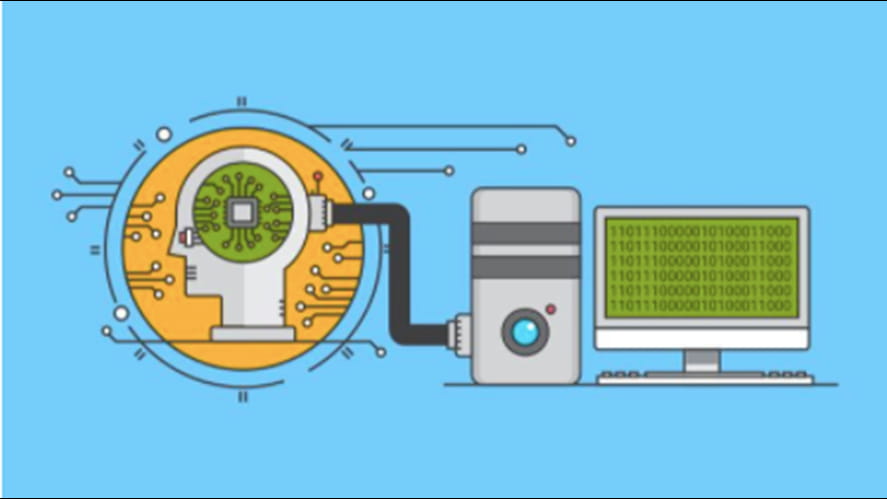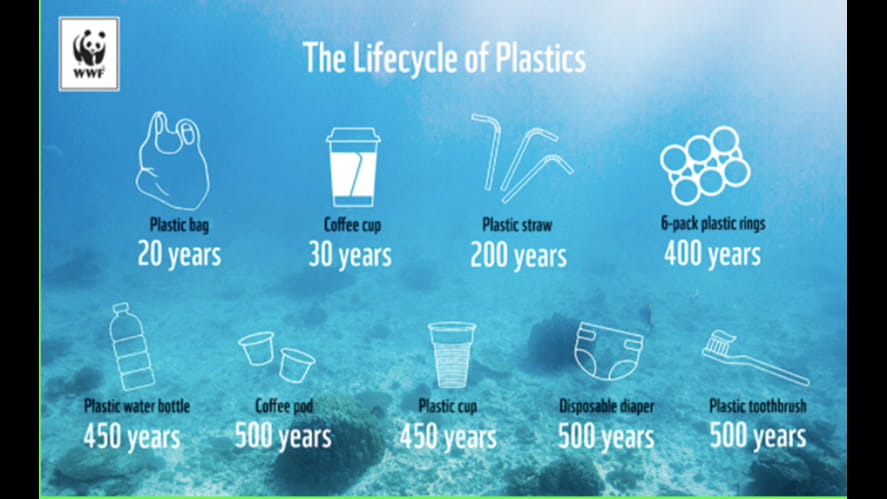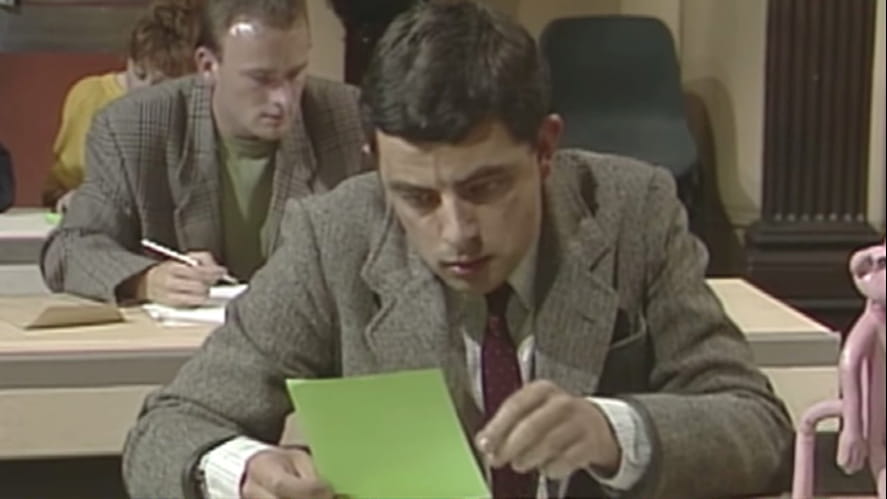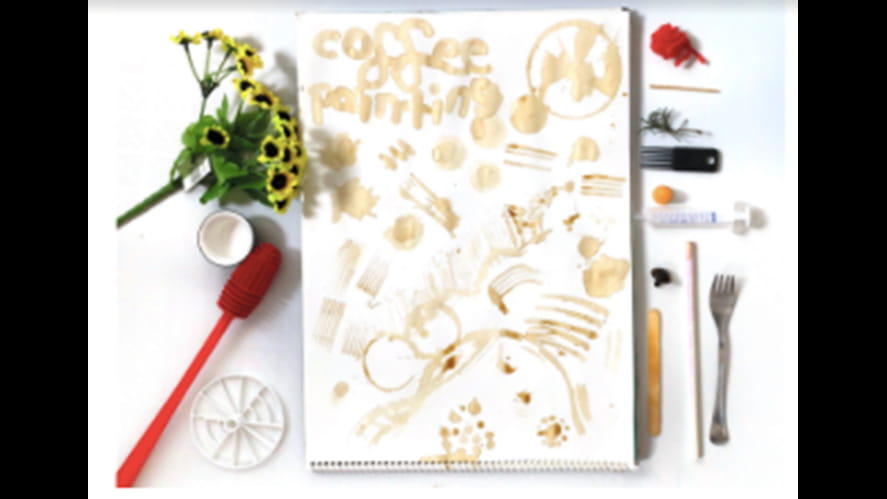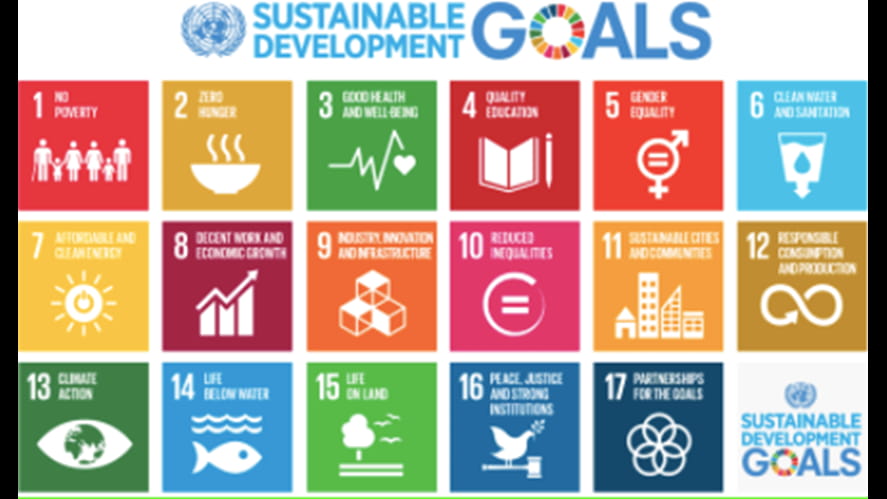News image
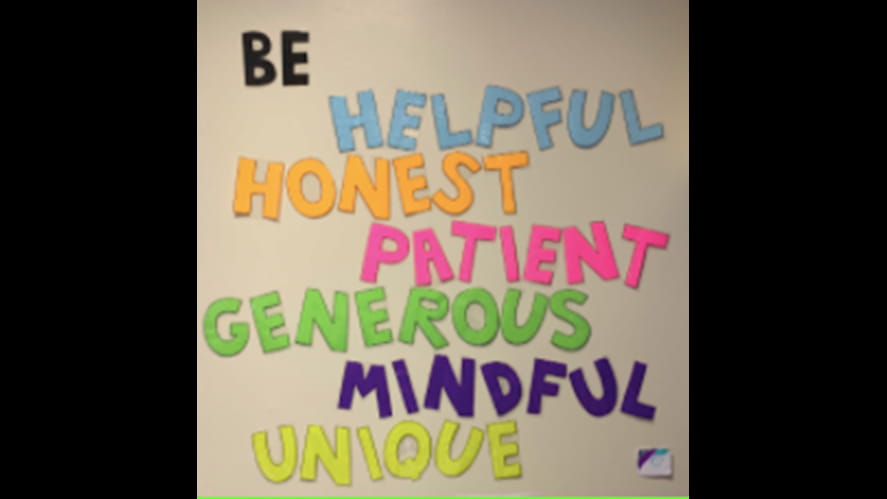 Blog | SecondaryBlog | Secondary Blog
Blog | SecondaryBlog | Secondary Blog
What’s in a name? Hybrid identities of ourselves and our students
What’s in a name? Are names important? The inspiration for this piece has come from a variety of sources, firstly from a part of the ongoing teacher professional development program about teaching in English in multilingual classrooms and from the Nord Anglia University course I tutor concerning EAL in mainstream classrooms. Finally, from a brief conversation with the Admissions department, where I was told the story of a potential family who were going to register their daughter with an ‘English’ name, ‘Cinderella’. This reminded me of some of the names I was faced with in my earlier days in South Korea; Otto, Harry (Potter) and AceKing, as a few examples.
read more
News image
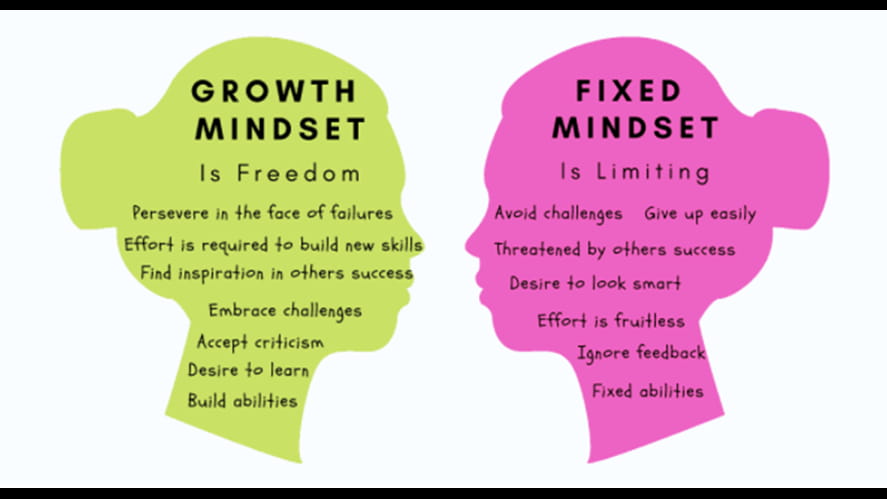 Blog | SecondaryBlog | Secondary Blog
Blog | SecondaryBlog | Secondary Blog
Growth mindset in mathematics
What is the mindset of a mathematician? Is it someone who just follows rules? Or is it someone who has a mad sense of creativity like Mozart or Einstein? Alternatively, is it someone who has a deep sense of clarity and structure? Or is it someone who has a very fast brain? Is it someone who does extremely fast calculations or someone who takes their time with very deep understanding.
read more
News image
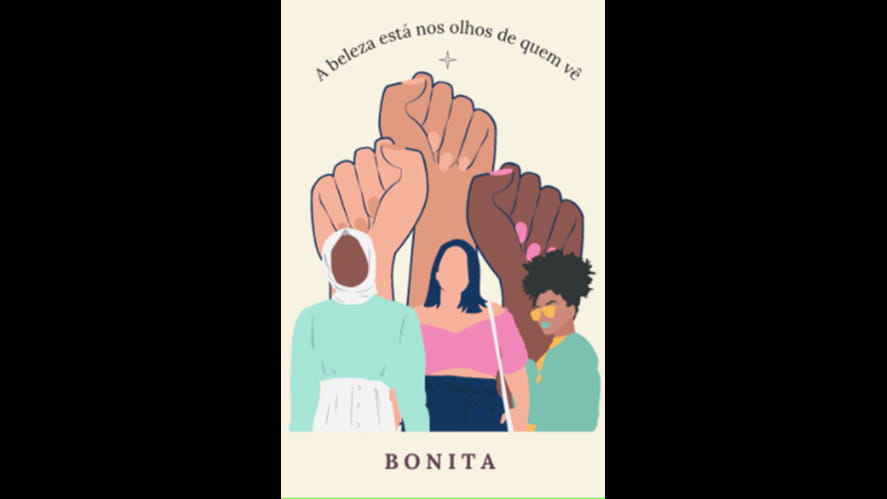 Blog | SecondaryBlog | Secondary Blog
Blog | SecondaryBlog | Secondary Blog
The use(less)ness of literature
Theodor W. Adorno, a renowned german philosopher, famously said: “To write poetry after Auschwitz is barbaric. And this corrodes even the knowledge of why it has become impossible to write poetry today”. This passage can be found in Cultural Criticism and Society (1949), and it is much cited by all the cultural critics since published. After all, how can we keep doing art in such a difficult time? After facing and experiencing tragedies, what’s the meaning of the art?
read more
News image
 Blog | SecondaryBlog | Secondary Blog
Blog | SecondaryBlog | Secondary Blog
Term 2 STEAM Space Challenges
As part of the STEAM space challenges in collaboration with MIT, our secondary students worked on the MOXIE challenge, presented by Dr. Jeff Hoffmann, professor of aeronautics at MIT. The students were challenged to design a filtering device that could produce clean oxygen on Mars. Our students have been highly engaged in this challenge and we have received fantastic projects from our pupils.
read more
News image
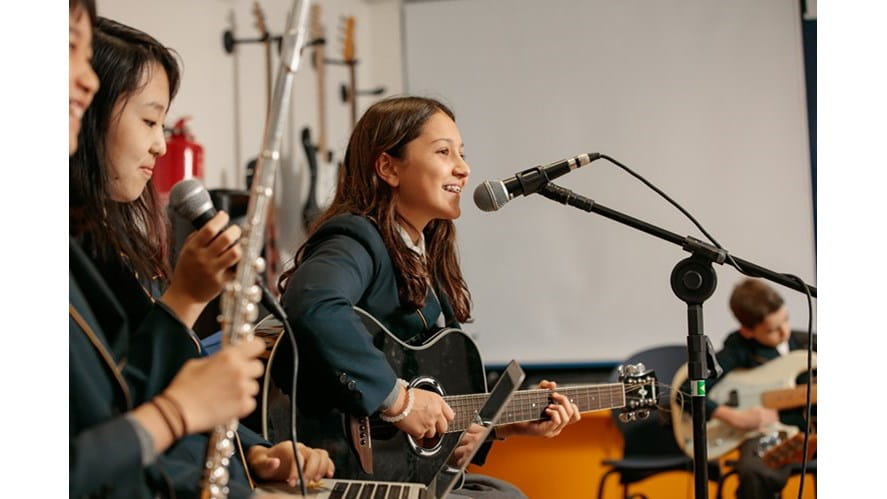 Blog | SecondaryBlog | Secondary Blog
Blog | SecondaryBlog | Secondary Blog
Music
In this ever changing world, now, more than ever, we feel close to other cultures and peoples, so it is paramount that we learn not only to respect others but also learn how to appreciate and cherish other people’s identity and ways of life.
read more
News image
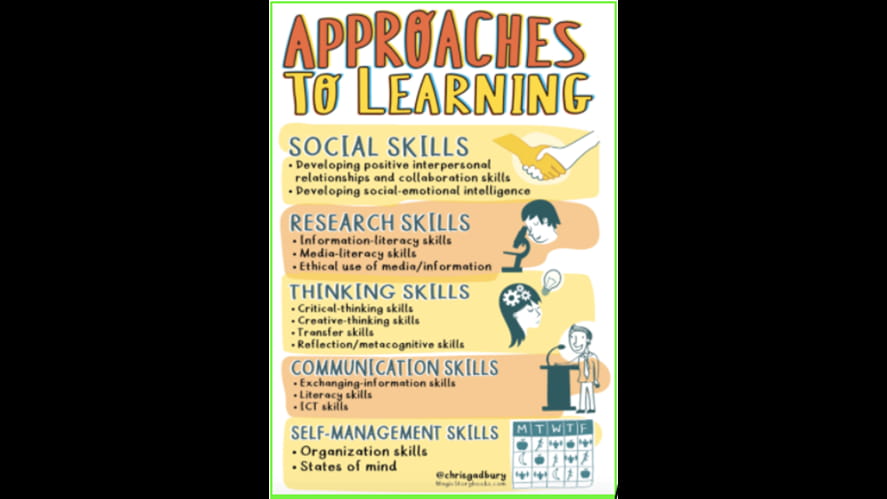 Blog | SecondaryBlog | Secondary Blog
Blog | SecondaryBlog | Secondary Blog
Responsibility
The International Baccalaureate Diploma Programme emphasises student agency in their education and their progress through the DP. Student agency is emphasised in both the Learner Profile and the IB’s Approaches to Learning (ATL). The IB Learner Profile describes a broad range of human capacities and responsibilities that go beyond academic success. They also imply a commitment for learning to respect oneself, others and the wider world. The ATL illustrates the skills needed for students to develop to become successful life long learners. Taken together the qualities that are developed through studying the IB reflect the transformative potential of the curriculum to produce not only world class students but world class citizens.
read more
News image
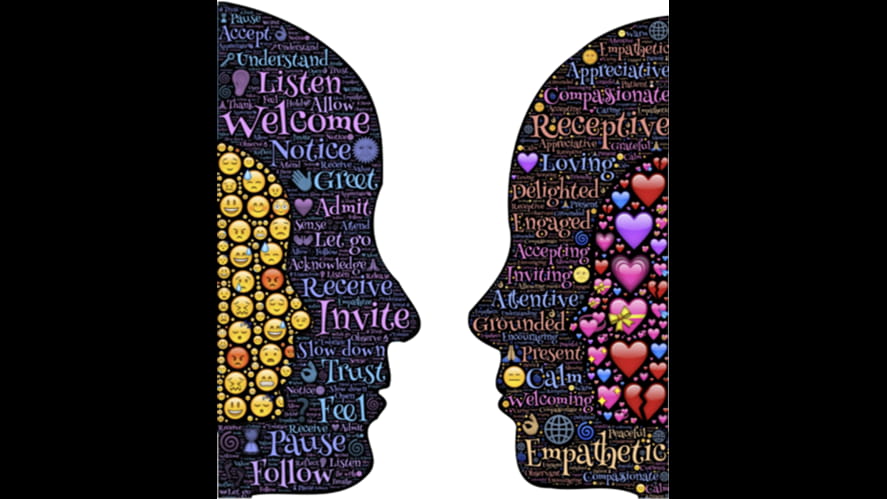 Blog | SecondaryBlog | Secondary Blog
Blog | SecondaryBlog | Secondary Blog
Inculcating a Culture of Caring
As I settle into my favorite khmer couch that has traveled thousands of miles from Cambodia, I contemplate on this week’s learner profile focus in Key stage 3. I’m reminded of a quote by Robby Novak who is an American media personality best known for portraying Kid President on YouTube and on television. “You don't need a cape to be a hero, you just need to care”. This was also what we asked our students to ponder on, in our weekly assembly this week.
read more
News image
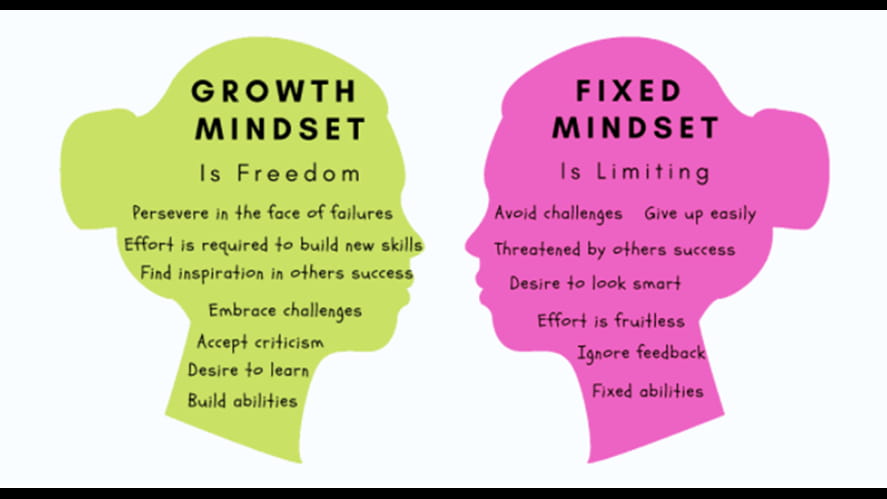 Blog | SecondaryBlog | Secondary Blog
Blog | SecondaryBlog | Secondary Blog
Falling Forward
We have finished the first ever Mock Exam week for both our year 11 and our first ever graduating class, year 13´s. As I was pondering what to write for my blog I was drawn to what was the core message I wanted to convey at the end of a very significant moment in the short life of BCB.
read more
News image
 Blog | SecondaryBlog | Secondary Blog
Blog | SecondaryBlog | Secondary Blog
Future : Learning Through Innovations!
Today, our lives are far more convenient and easy, with everything we need at our fingertips. The world of computers is growing at an un-recordable rate everyday, and needless to say that computers are the most influential tools in our lives, they are our present and future. We also need to remember at the same time that what we have today is the culmination of hundreds of years of scientific progress and breakthrough. “Inventions such as the Internet and mobile phones have changed the world forever”, I am sure we all agree with this statement and experience the same in our day-to-day living.
read more
News image
 Blog | SecondaryBlog | Secondary Blog
Blog | SecondaryBlog | Secondary Blog
The Challenge of Keeping Up With English Vocabulary.
In April of last year, the editors of the Oxford English Dictionary did something unusual.In April, and again in July, the dictionary’s editors released special updates, citing a need to document the impact of the COVID-19 pandemic on the English language. Some of the new inclusions were based on the language of quarantine; such as social-distance, shielding and self-isolate, others based on new social experiences such as elbow-bump (a safe way of greeting people), zoombombing (which is when strangers intrude on video conferences), doomscrolling (which happens when you skim anxiety-inducing pandemic-related stories on your smartphone) and more globally, my personal favourite, the German term “hamsterkauf” (literal translation ‘buying hamsters) as a way of describing panic buying. Whether such terms will be in common usage after the pandemic is anyone’s guess.
read more
News image
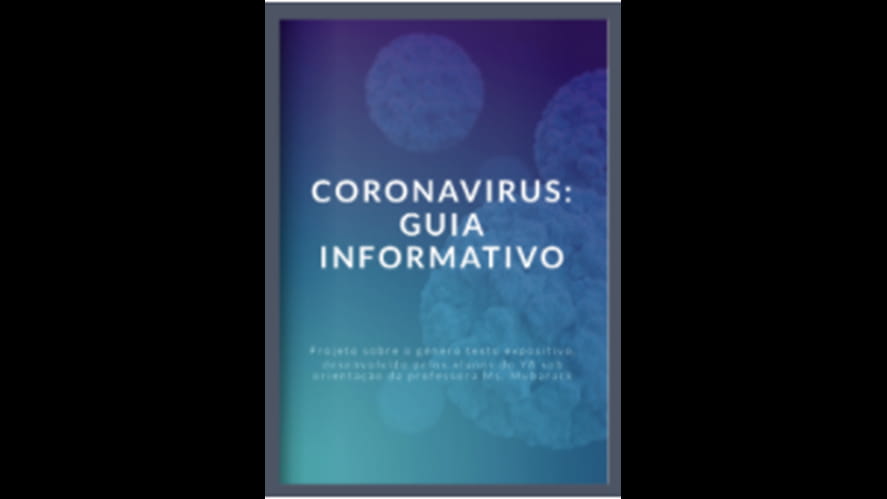 Blog | SecondaryBlog | Secondary Blog
Blog | SecondaryBlog | Secondary Blog
Reading Projects During Term 1
We at the MFL department have reinforced the importance of reading for students. Recently, each year group participated in reading projects that, despite the varied proposals, have as a common objective the academic role of students, as well as (providing) a repertoire of life, experiences, possibilities, exchanges and discoveries about themselves and the world around you.
read more
News image
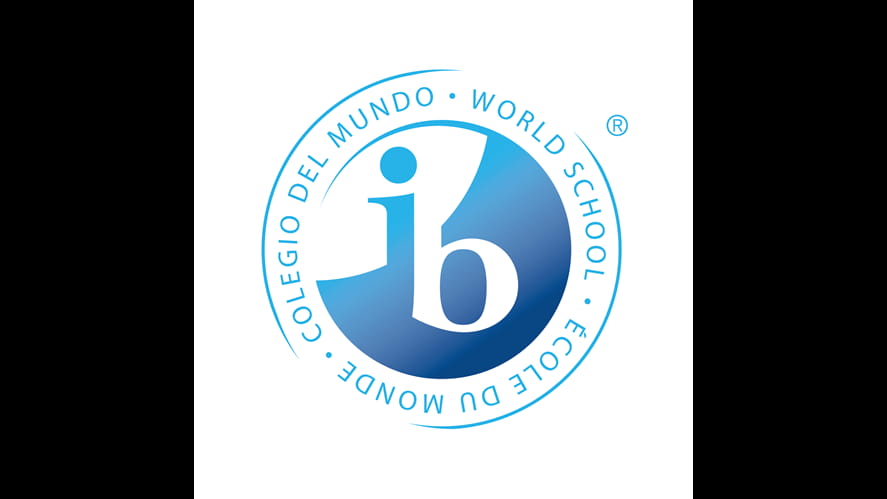 Blog | SecondaryBlog | Secondary Blog
Blog | SecondaryBlog | Secondary Blog
The International Baccalaureate Diploma Programme - IBDP
I recently found myself in conversation with an alumni of the International Baccalaureate Diploma Programme and they expressed a vehement dislike of the programme, to the extent that I was quite taken aback. Even more so when I informed them that I was in my current position of employment due to my belief and advocacy of the International Baccalaureate education model. I was amazed at the depth of animosity felt by my acquaintance. I decided to discuss with the IBDP students at BCB about their feelings toward the course. There was, as you would expect, a spectrum of responses; some wincing with pain in reflection of late nights working on Extended Essays; others joyfully recalling Theory of Knowledge lessons that blew open their understanding of reality; and admittedly one who felt at least a strong dislike for the programme. The reason I believe the IBDP can elicit such a strong reaction is because it asks more from the students than any other programme.
read more


